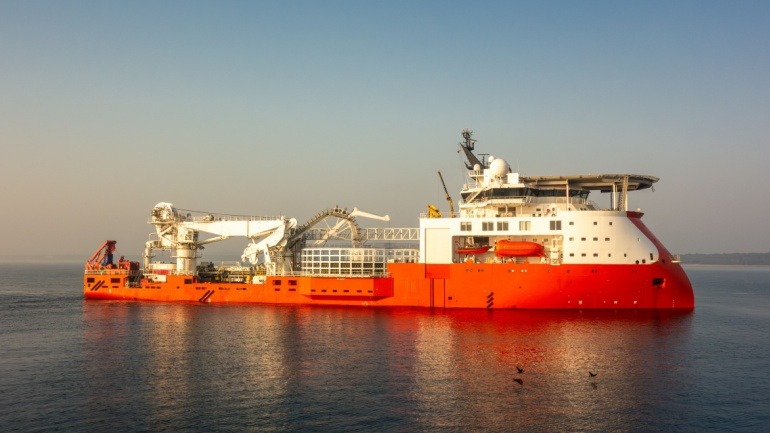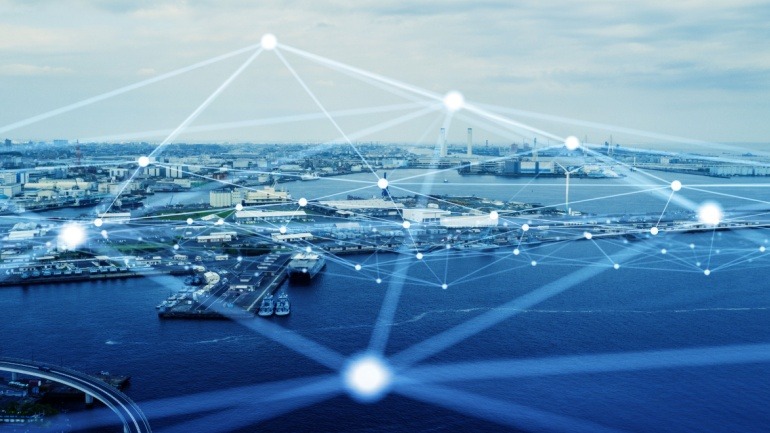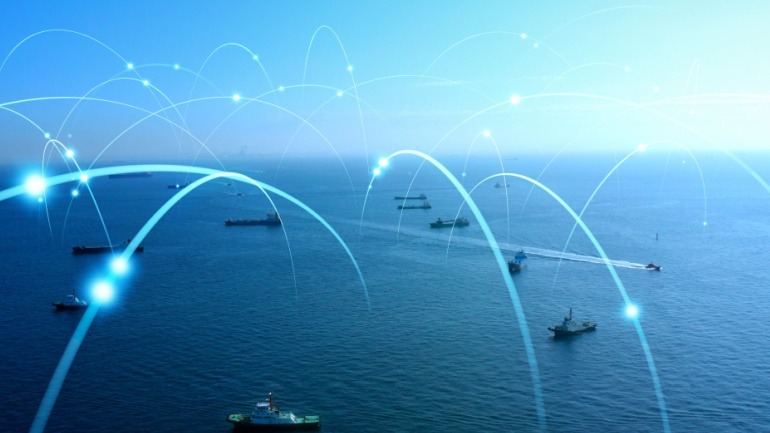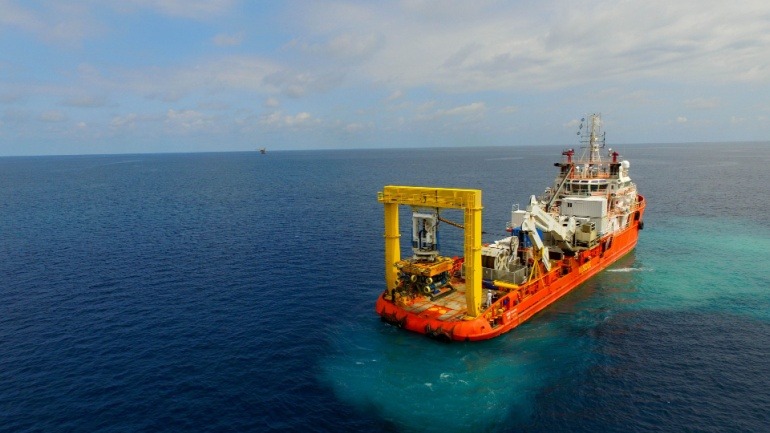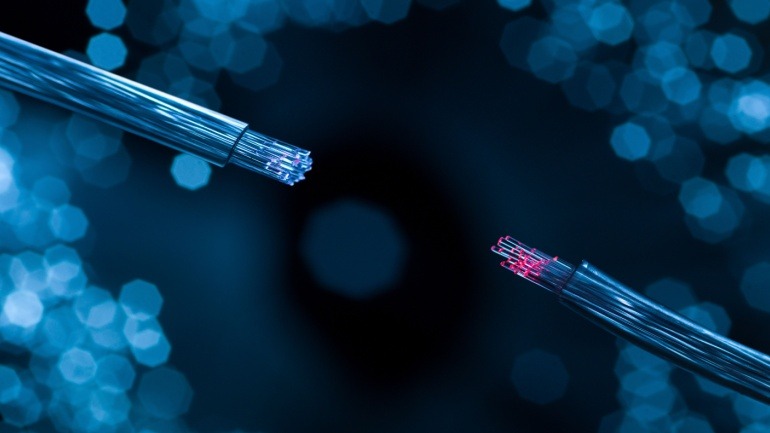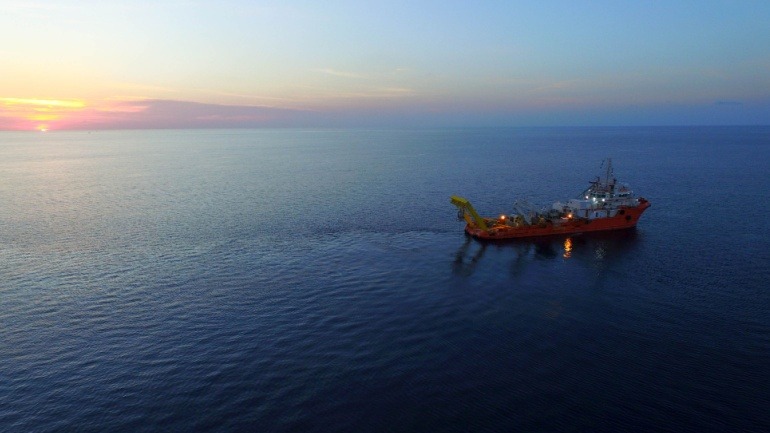Digicel Group has announced the launch of its subsea fibre cable, Deep Blue One, marking a major investment in enhancing international submarine connectivity. This development is poised to significantly improve internet and communication services across the Caribbean and South America, with French Guiana, Suriname, Guyana, and Trinidad & Tobago being key beneficiaries.
Tamares Telecom partners with Grid Telecom to create ANDROMEDA, a subsea optical fiber cable system connecting Greece, Cyprus, and Israel, aiming to establish a new telecommunications corridor between Europe and the Middle East. This strategic alliance offers enhanced connectivity, network diversity, and low latency for wholesale customers across the region.
The AAE 2 subsea cable project, led by PCCW Global, Sparkle, Telecom Egypt, and ZOI, aims to connect Hong Kong, Singapore, and Italy through a mix of terrestrial and underwater routes. Designed to boost global data capacity, it offers strategic expansion potential and reflects the growing international push to enhance telecommunications infrastructure and digital connectivity.
Several subsea cables in the Baltic Sea were damaged in November, sparking fears of sabotage. Swedish investigators found no clear proof of deliberate action, though suspicions remain. A Chinese vessel, present during the incident, is under scrutiny.
Sparkle and Turkcell are revolutionizing internet connectivity with a new 4,000 km subsea cable linking Europe and the Mediterranean. Enhancing capacity to over 25 terabits per second per fiber pair, this collaboration connects Turkey, Greece, and Italy.
Airtel has achieved a milestone by landing the SEA-ME-WE 6 cable in Chennai, enhancing global connectivity. This expansion brings increased network capacity, reinforcing Airtel’s place in telecoms.
Ooredoo, in partnership with Alcatel Submarine Networks, has launched the GCC’s largest submarine cable, connecting seven Middle Eastern countries. With up to 720Tbps capacity and 24 fiber pairs, this high-speed infrastructure enhances regional connectivity, supports AI and telecom growth.
The backbone of the internet relies heavily on submarine cables, responsible for around 99% of global data transmission. As the threats to these pivotal cables mount, the UK’s Joint Committee on the National Security Strategy has initiated an enquiry.
The ITU and ICPC have united to create an advisory body focused on boosting submarine cable resilience. This critical initiative addresses vulnerabilities of cables that manage 99% of global data transfers, facing threats like damage and sabotage.
Recent submarine cable cuts in the Baltic Sea have raised concerns about deliberate sabotage, affecting vital data pathways from Sweden to Lithuania and Finland to Germany. Operators emphasize the need for increased network redundancy to ensure stable connectivity.





